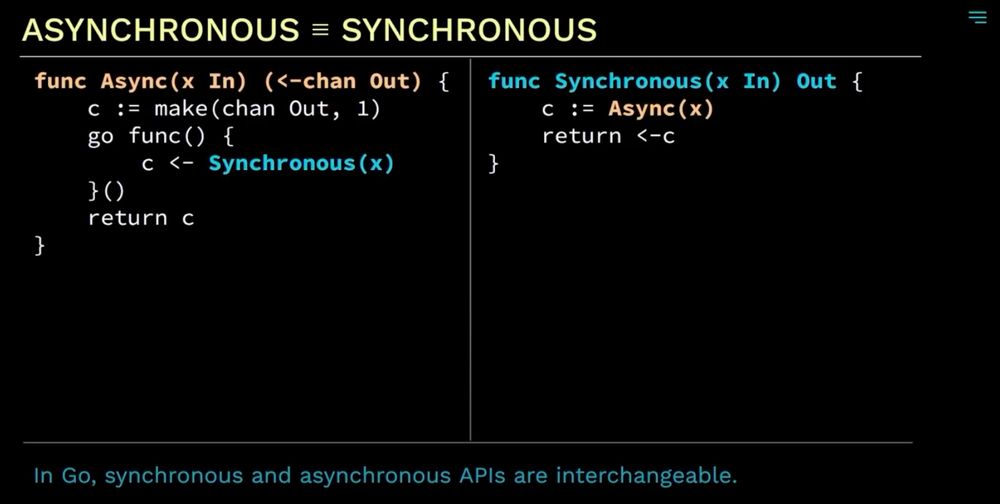
- When your language compiles to C, you get a really nice portability story.
- Macros can used to bridge the gap between functional and imperative syntaxes.
- One way to make your language more REPL-like is by letting macros run code to interact with the LSP server (see img)

- When your language compiles to C, you get a really nice portability story.
- Macros can used to bridge the gap between functional and imperative syntaxes.
- One way to make your language more REPL-like is by letting macros run code to interact with the LSP server (see img)
lots of great passages




lots of great passages


Here are four runs of Claude, for example.




Here are four runs of Claude, for example.


Sure, if you want to maximize reusability of code, make everything into an object and define methods etc etc. But it's just as valuable to use a language's primitives to their full power!

Sure, if you want to maximize reusability of code, make everything into an object and define methods etc etc. But it's just as valuable to use a language's primitives to their full power!
I don't know where your socks are, stranger, but I do hope you're able to reunite with them.

I don't know where your socks are, stranger, but I do hope you're able to reunite with them.

type ID int
isn't the same as
type ID = int
😬

type ID int
isn't the same as
type ID = int
😬
But IMO this ad is a red flag to me. Accident forgiveness is not a feature that differentiates cloud providers.

But IMO this ad is a red flag to me. Accident forgiveness is not a feature that differentiates cloud providers.




They eliminate function coloring! In TypeScript and Rust, async funcs are "viral" (they can only be called by other async funcs), but in Go they can swap.

They eliminate function coloring! In TypeScript and Rust, async funcs are "viral" (they can only be called by other async funcs), but in Go they can swap.








!["Computational processes are abstract beings that inhabit computers. ... [W]e conjure the spirits of the computer with our spells.
A computational process is indeed much like a sorcerer's idea of a spirit. It cannot be seen or touched. It is not composed of matter at all. However, it is very real."
Harold Abelson, "Structure and Interpretation of Computer Programs", 1984](https://cdn.bsky.app/img/feed_thumbnail/plain/did:plc:e4lfdm3xr4quihwgwkphi2ig/bafkreifafszgomkoaf5g7aaxtxaioisu4utjvkfgcrikrraueb6b7lkzz4@jpeg)